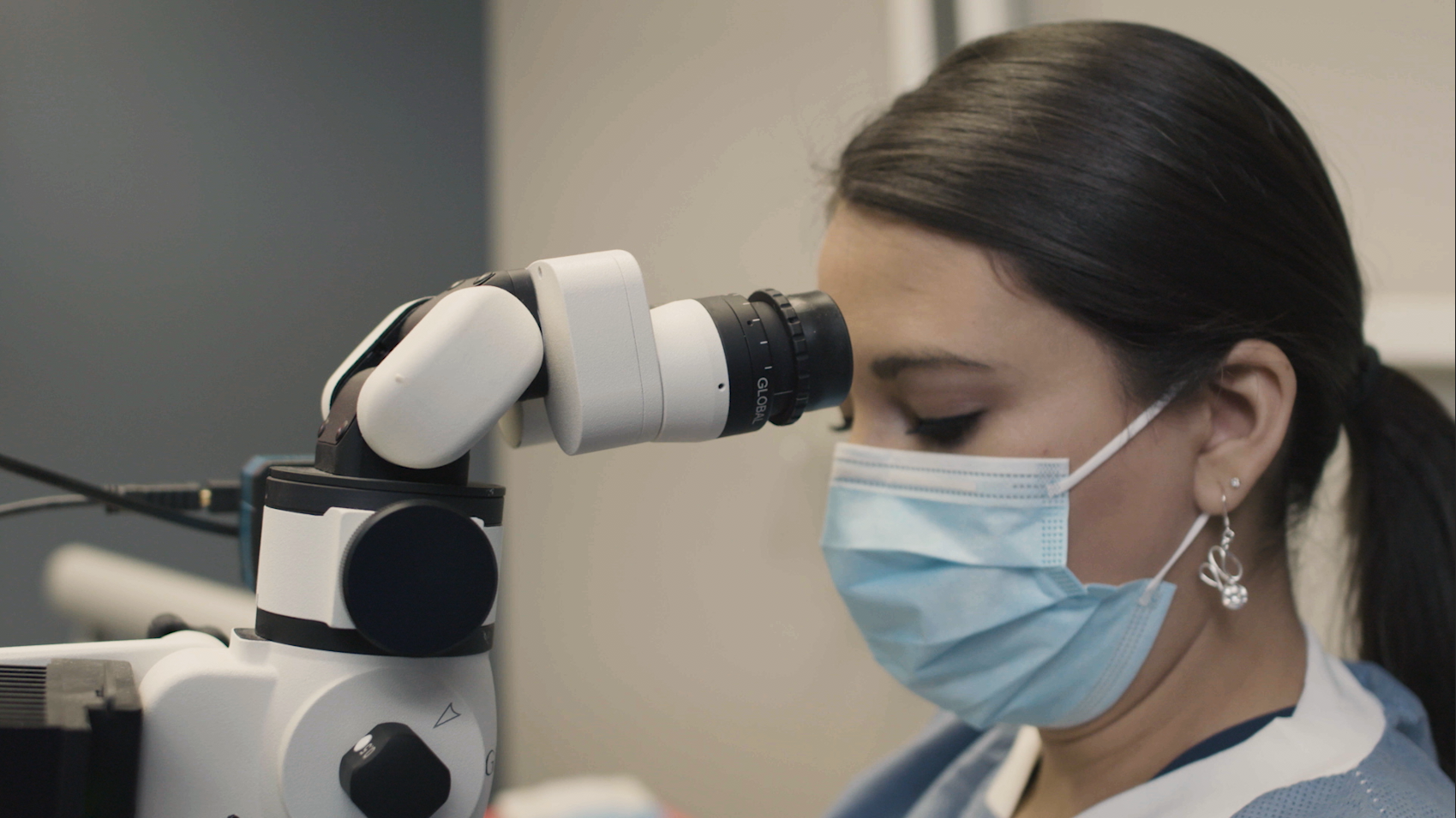Oral Surgery
Tooth extractions, facial trauma recovery, dental implants and more.
Although most people expect to maintain a full mouth of pearly white teeth throughout their lifetimes, situations may arise in which a tooth may need to be extracted. Tooth extraction is usually required due to severe tooth decay or if the patient suffers from advanced forms of periodontal disease. The need for a tooth extraction is not necessarily the result of poor oral hygiene and may need to be performed for any number of reasons other than disease and decay; patients who have suffered broken teeth from oral or facial trauma may also need to have a tooth extracted if it cannot be repaired.
Patients with impacted teeth may also need their temporary “baby teeth” to be extracted in order to allow the impacted tooth to erupt properly. Because the mouth was designed to function with a full set of teeth, even one missing or severely damaged tooth can cause serious issues such as the inability to properly chew, reduced jaw movement and the shifting of adjacent teeth out to position. This is why teeth that need to be extracted are usually replaced in a timely manner.

- Teeth in an Hour
- All-on-4 Treatment
- Same Day Crowns & Veneers (CEREC)
- Bone Grafting
- Facial Trauma
- Wisdom Teeth Extractions
- Oral Pathology
- Sleep Apnea
- Sedation Dentistry Available
PATIENT INFO
For your convenience, we accept Visa, MasterCard, Discover and AmericanExpress. We deliver the finest care at the most reasonable cost to our patients, therefore payment is due at the time service is rendered unless other arrangements have been made in advance.
INSURANCE
We accept most major dental insurers including:
- United Concordia
- United Healthcare
- TRICARE
- Principal Financial Group
- HUMANA
- Guardian
- GEHA Connection Dental Plus
- CIGNA
- Blue Cross Blue Shield
- Aetna
Please call our offices if you have any questions about your dental insurance and we will be more than happy to assist you.
Oral Surgery Info
The tooth extraction process is a straightforward procedure that is usually performed in an outpatient setting. First, the doctor will use a local anesthetic to numb the tooth that is to be extracted including the area of jawbone and gums surrounding it.
This will help minimize any pain or discomfort during the extraction, and patients should only feel pressure as a tooth is moved back and forth within the socket to loosen it. Patients should always inform their doctor if they experience pain, even if they think they should be able to endure it.
Although the doctor will usually provide patients with instructions on how to care for the wound after the extraction, patients should always follow these guidelines for proper healing:
- Avoid touching the wound with your finger or tongue to keep the clot intact
- Do not use pressure to rinse your mouth or use drinking straws
- Stop all tobacco and alcohol use for 72 hours
- Avoid any activities that may increase blood pressure to prevent bleeding
- Use an ice pack for swelling on the area of your face over the wound
- Stay hydrated and avoid eating candy or acidic, spicy, or sour food

